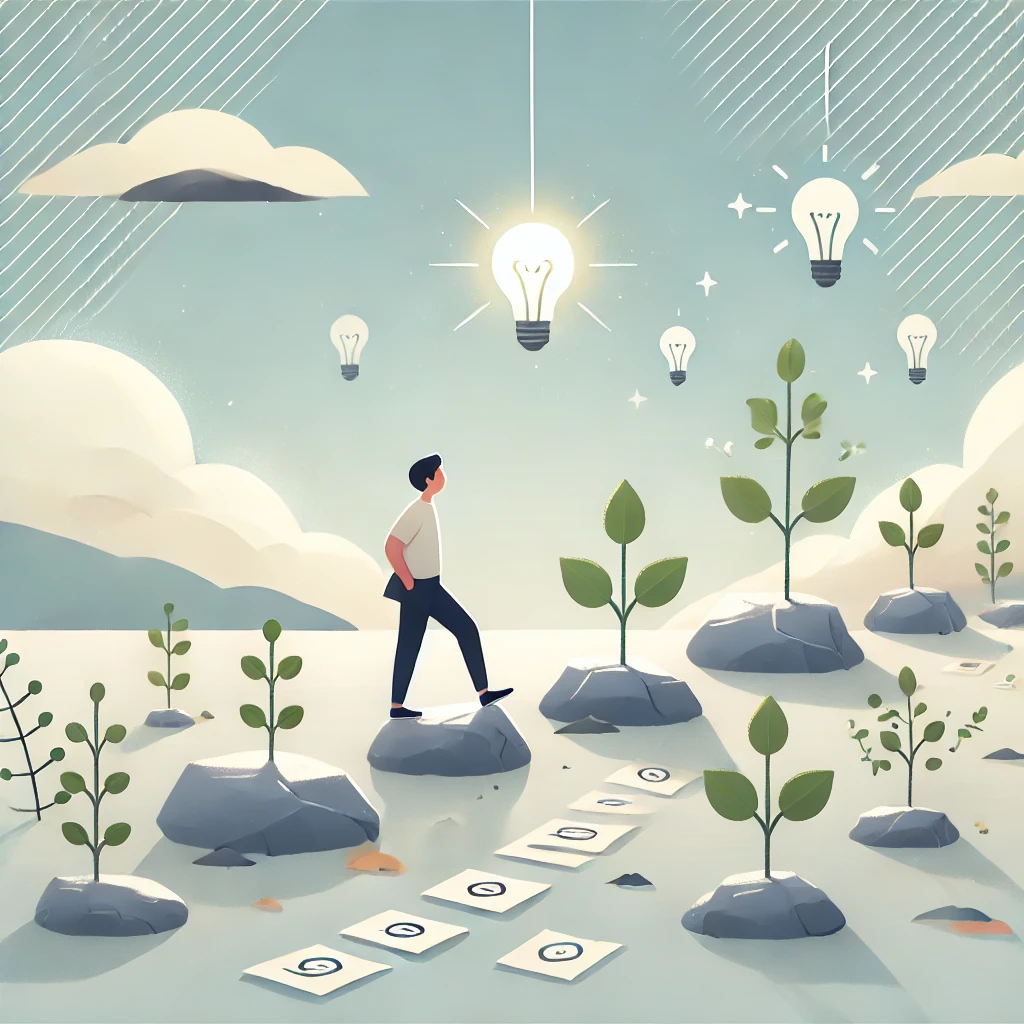Introduction
Achieving your goals depends heavily on how you perceive your abilities and potential. Enter the concept of a growth mindset, first popularized by psychologist Carol Dweck. This mindset is the belief that your abilities can be developed through hard work, learning, and perseverance. However, true growth also involves adaptive resilience—knowing when to persist and when to adapt. This approach recognizes the importance of balancing personal effort with flexibility and support systems to fully unlock your potential.
What Is a Growth Mindset?
At its core, a growth mindset involves believing that you can continuously improve over time. People with this mindset see challenges as learning opportunities, and failures as stepping stones rather than barriers. However, fostering a growth mindset doesn’t mean constantly pushing through adversity. It also means knowing when to rest, seek help, or change your approach—all key aspects of adaptive resilience. This balance promotes curiosity, flexibility, and continuous learning, which are crucial for both personal and professional development.
Common Misconceptions About The Growth Mindset
Some misconceptions about the growth mindset include:
- It’s not about just being positive: Growth isn’t merely about optimism but about understanding your capacity to grow and adapting to obstacles in sustainable ways.
- Mindsets can be mixed: You might adopt a growth mindset in some areas but feel fixed in others, such as thriving in professional skills but struggling with personal setbacks. Recognizing where adaptation is needed can help maintain balance.
Strategies for Developing a Growth Mindset
Developing a growth mindset is a continual process. Here’s how to start:
- Embrace challenges but adapt when necessary: Growth happens when you face challenges, but it’s important to know when to step back, recalibrate, or ask for help.
- Reframe failure as a learning opportunity: Failure is part of growth, but it’s also essential to assess when you might need external support or a new approach.
- Seek constructive feedback: Feedback is vital for growth. Don’t just persist; use it to learn how to adjust and improve.
- Acknowledge effort, but also rest: Focus on the effort, not just results. However, resilience is not just about pushing forward—it’s also about knowing when to pause, reflect, and recharge.
The Role of Self-Compassion
Self-compassion is crucial for sustaining a growth mindset. When things don’t go as planned, treating yourself with kindness helps maintain your momentum. Self-compassion also promotes adaptive resilience, as it encourages a flexible mindset—knowing when to push and when to rest.
Conclusion
A growth mindset, when combined with adaptive resilience, forms the foundation for sustainable personal and professional development. By cultivating both perseverance and adaptability, you can unlock your full potential, embrace challenges, and continuously grow. Remember, growth isn’t only about who you are now, but also about adapting to become your best self.
Watch this video from the Harvard Business Review What Having a “Growth Mindset” Actually Means
See the previous article in this series: How to Shape Your Inner World For Outer Success
Journal prompts
- Think about a recent setback. How could I reframe this as a learning experience? What insights or lessons can I carry forward from it?
- How do I perceive my abilities? Do I believe they can improve with effort, or do I see them as set?


